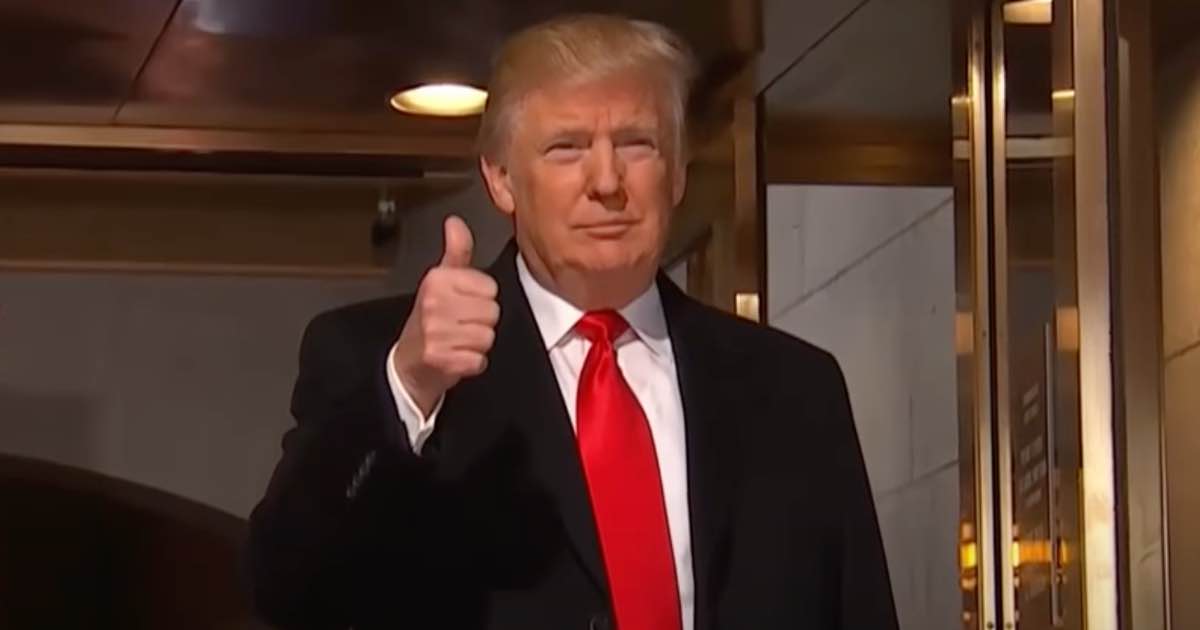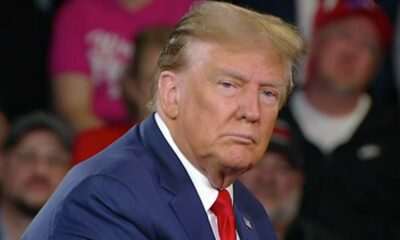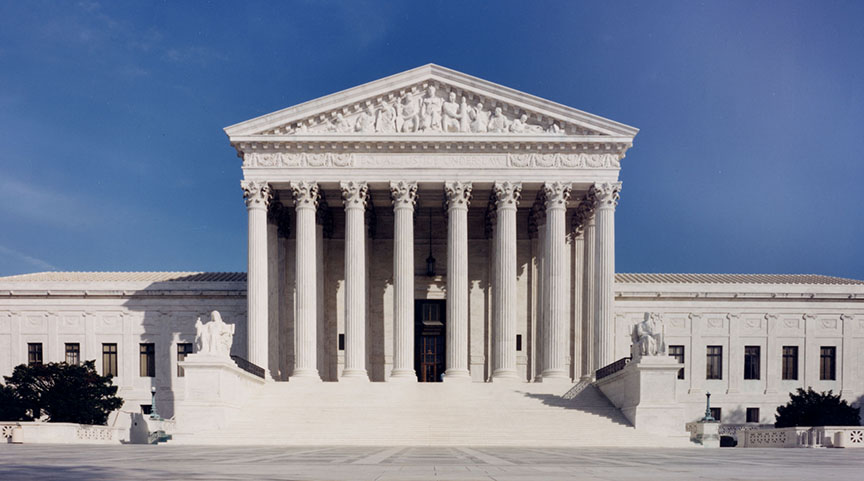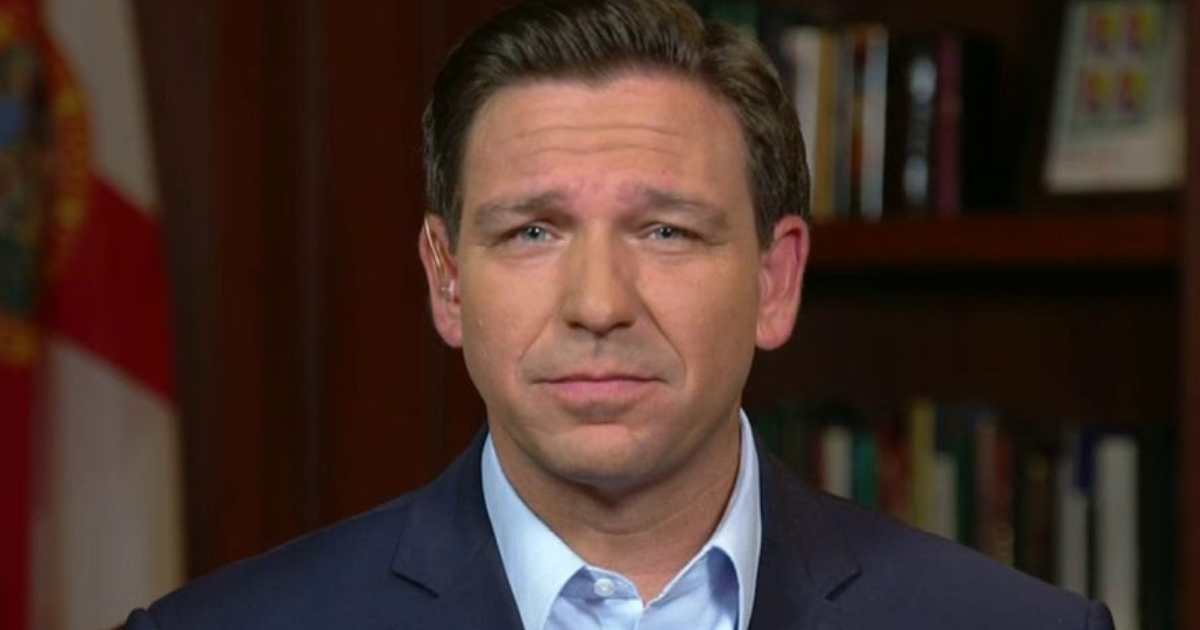judiciary
Supreme Court Hands Trump Victory: Immunity for Official Acts Upheld

In a significant ruling on Monday, the Supreme Court decided in Trump v. United States that a former president has substantial immunity from prosecution for official acts committed while in office but not for unofficial acts. This 6-3 decision marks a critical clarification in the scope of presidential immunity, addressing a question at the heart of American governance and the limits of executive power.
The ruling sends the case back to a lower court, as the justices did not apply the ruling to whether or not former President Trump is immune from prosecution concerning actions related to efforts to overturn the results of the 2020 election. “The President enjoys no immunity for his unofficial acts, and not everything the President does is official,” Chief Justice John Roberts wrote for the majority.
Bad News for Democrats: Poll Shows Trump Outperforming Potential Biden Replacements
Roberts emphasized, “The President is not above the law. But Congress may not criminalize the President’s conduct in carrying out the responsibilities of the Executive Branch under the Constitution. The system of separated powers designed by the Framers has always demanded an energetic, independent Executive.” He continued, “The President, therefore, may not be prosecuted for exercising his core constitutional powers, and he is entitled, at a minimum, to presumptive immunity from prosecution for all his official acts. That immunity applies equally to all occupants of the Oval Office, regardless of politics, policy, or party.”
The case arose from Special Counsel Jack Smith’s federal election interference investigation, which charged Trump with conspiracy to defraud the United States, conspiracy to obstruct an official proceeding, obstruction of and attempt to obstruct an official proceeding, and conspiracy against rights. These charges are tied to Smith’s investigation into whether Trump was involved in the January 6, 2021, Capitol riot and any alleged interference in the 2020 election results.
Speaker Johnson Urges White House Cabinet to Consider Invoking 25th Amendment
 Trump has pleaded not guilty to all charges, asserting that he should be immune from prosecution for official acts performed during his presidency. This ruling, while a victory for Trump in affirming substantial presidential immunity, also delineates clear boundaries, stating that unofficial acts do not enjoy the same protections.
Trump has pleaded not guilty to all charges, asserting that he should be immune from prosecution for official acts performed during his presidency. This ruling, while a victory for Trump in affirming substantial presidential immunity, also delineates clear boundaries, stating that unofficial acts do not enjoy the same protections.
Following the decision, Trump took to Truth Social to express his satisfaction, posting, “BIG WIN FOR OUR CONSTITUTION AND DEMOCRACY. PROUD TO BE AN AMERICAN!”
The decision has profound implications for the American political and legal landscape. Supporters of Trump view it as a reaffirmation of the principle that the presidency must be safeguarded from politically motivated litigation that could hamper executive functions. Critics, however, warn that this decision could be perceived as placing presidents above the law for their official actions, potentially encouraging future misconduct.
As this case returns to the lower courts, the nation will continue to grapple with the balance between holding leaders accountable and ensuring that the executive branch can operate effectively. This ruling will undoubtedly influence ongoing and future legal proceedings involving presidential actions and contribute to the broader discourse on the limits of executive power and accountability in American democracy.






















